Executive Summary: The Science of Brain Repair
The Core Discovery: Until the 1990s, scientists believed adults could not grow new brain cells. We now know that Adult Neurogenesis occurs daily in the Dentate Gyrus of the Hippocampus. You are constantly “gardening” your brain.
Key Drivers of Growth:
- BDNF (Brain-Derived Neurotrophic Factor): The protein known as “Miracle-Gro for the brain.” It supports the survival of existing neurons and the growth of new ones.
- Aerobic Exercise: The single most potent trigger for neurogenesis, increasing blood flow and BDNF production.
- Enriched Environment: Novelty and complex learning tasks (like navigating a new city) force the brain to build new infrastructure.
Key Studies Cited: Fred Gage (Salk Institute) on adult neurogenesis; Sandrine Thuret (King’s College London) on diet; Ratey on exercise.
How Do I Heal My Brain? Harnessing Neurogenesis for Recovery and Resilience

For generations, the “Central Dogma” of neuroscience was bleak: You are born with a fixed number of neurons, and you slowly lose them as you age. If you damaged your brain through stress, trauma, or substance use, the damage was permanent.
That dogma is dead. Groundbreaking research from the Salk Institute has proven that the human brain retains the ability to generate new neurons throughout the entire lifespan—a process called Neurogenesis. This discovery has transformed Brain-Based Medicine. We are no longer just managing decline; we are actively engineering regrowth. This article explores the biological mechanisms of this repair and the specific protocols to activate it.
Part I: The Nursery of the Brain (The Hippocampus)
Neurogenesis does not happen everywhere. It is concentrated in a specific structure: the Hippocampus (responsible for memory, learning, and emotion). Specifically, new cells are born in the Dentate Gyrus.
Why This Matters for Mental Health
There is a direct link between neurogenesis and depression.
* The Atrophy Model: In patients with chronic depression or PTSD, the Hippocampus physically shrinks. High levels of Cortisol (stress hormone) act like poison to young neurons, halting production.
* The Recovery Model: Antidepressants (SSRIs) and effective therapy take 3-6 weeks to work. Why? Because that is exactly how long it takes for a new neuron to be born, migrate, and integrate into the circuit. Healing is the physical rebuilding of the brain’s emotional regulation center.
Part II: BDNF – The Fertilizer of the Mind
If neurons are the plants, BDNF (Brain-Derived Neurotrophic Factor) is the fertilizer. Without it, our brains wither. BDNF plays three critical roles:
- Survival: It protects existing neurons from dying under stress.
- Growth: It stimulates the sprouting of dendrites (the “arms” that connect neurons).
- Plasticity: It strengthens the signal transmission at the synapse (Long-Term Potentiation).
Most brain-based interventions—from exercise to neurofeedback—work by upregulating the gene expression of BDNF.
Part III: The Killers of Neurogenesis
Before we can heal the brain, we must stop injuring it. Research by Dr. Sandrine Thuret has identified the primary inhibitors of brain growth:
- Sleep Deprivation: Sleep is when the Glymphatic System washes neurotoxins (like beta-amyloid) out of the brain. Chronic insomnia halts cell birth.
- Chronic Stress: Sustained Cortisol release moves the brain into “Survival Mode,” allocating resources to the Amygdala (Fear) and away from the Hippocampus (Growth).
- Inflammation: Systemic inflammation (from poor diet or autoimmune issues) crosses the blood-brain barrier, activating Microglia (immune cells) to attack healthy tissue.
Part IV: Protocols for Regrowth
How do we turn neurogenesis back on? The following interventions are supported by rigorous clinical data.
1. Aerobic Exercise: The “Silver Bullet”
Running is the most effective neuro-hack available. Studies show that aerobic exercise (which increases blood flow) increases the volume of the Hippocampus in elderly adults, effectively reversing brain aging by 1-2 years. It triggers an immediate release of BDNF.
2. Nutritional Psychiatry
Your gut microbiome communicates directly with your brain via the Vagus Nerve. To support cell growth, we need:
* Omega-3 Fatty Acids (DHA): The building blocks of neuron cell membranes.
* Flavonoids (Blueberries, Dark Chocolate): Increase blood flow to the brain.
* Intermittent Fasting: The metabolic stress of fasting flips a “survival switch” in neurons, making them more resilient and increasing BDNF production.
3. Enriched Environments & Novelty
The brain is an “expensive” organ. It will not grow unless it needs to.
The “Use It or Lose It” Principle: Passive entertainment (TV) does not stimulate growth. Active learning (learning a language, navigating a new map, Neurofeedback) creates a cognitive demand that forces the brain to build new infrastructure.
Part V: Brain-Based Therapies for Repair
At Taproot Therapy Collective, we use specific modalities to lower the barriers to neurogenesis (stress/trauma) and stimulate growth.
1. QEEG Brain Mapping & Neurofeedback
A QEEG Map shows us exactly where the brain has slowed down or become rigid. Neurofeedback then acts as “Physical Therapy” for these areas, rewarding the brain for producing healthy firing patterns. This targeted stimulation encourages synaptic density in underactive regions.
2. Somatic Experiencing & EMDR
Trauma keeps the brain in a high-cortisol “Freeze” state. Therapies like Somatic Experiencing and EMDR discharge this trapped survival energy. By lowering the baseline stress load, we create the biological safety necessary for the Hippocampus to resume production of new cells.
3. Lifespan Integration
Lifespan Integration works by connecting neural networks across time. It integrates isolated trauma memories into a coherent whole, physically building bridges between the Limbic System and the Prefrontal Cortex.
Conclusion: The Plastic Paradox
Neuroplasticity is a double-edged sword. Your brain is always changing. If you dwell on fear, you are neuroplastically reinforcing anxiety circuits. If you engage in healing practices, you are physically constructing a resilient brain.
Healing is not a metaphor; it is biological engineering. Through diet, movement, and targeted therapy, you can rebuild the machinery of your own mind.
Explore Treatments for Brain Repair
Taproot Therapy Collective Podcast
Neuroscience & Regulation
Neurofeedback: Training the Brain
Brainspotting: Accessing the Subcortex
Meditation: Growing Gray Matter
ETT: Light Stimulation for Neural Pathways
Trauma & Integration
Lifespan Integration: Connecting the Timeline
Somatic Experiencing: The Physiology of Safety
Scientific Bibliography
- Eriksson, P. S., et al. (1998). Neurogenesis in the adult human hippocampus. Nature Medicine.
- Ratey, J. J. (2008). Spark: The Revolutionary New Science of Exercise and the Brain. Little, Brown Spark.
- Thuret, S., et al. (2006). Dietary manipulation of adult hippocampal neurogenesis. Proceedings of the Nutrition Society.
- Cotman, C. W., & Berchtold, N. C. (2002). Exercise: a behavioral intervention to enhance brain health and plasticity. Trends in Neurosciences.

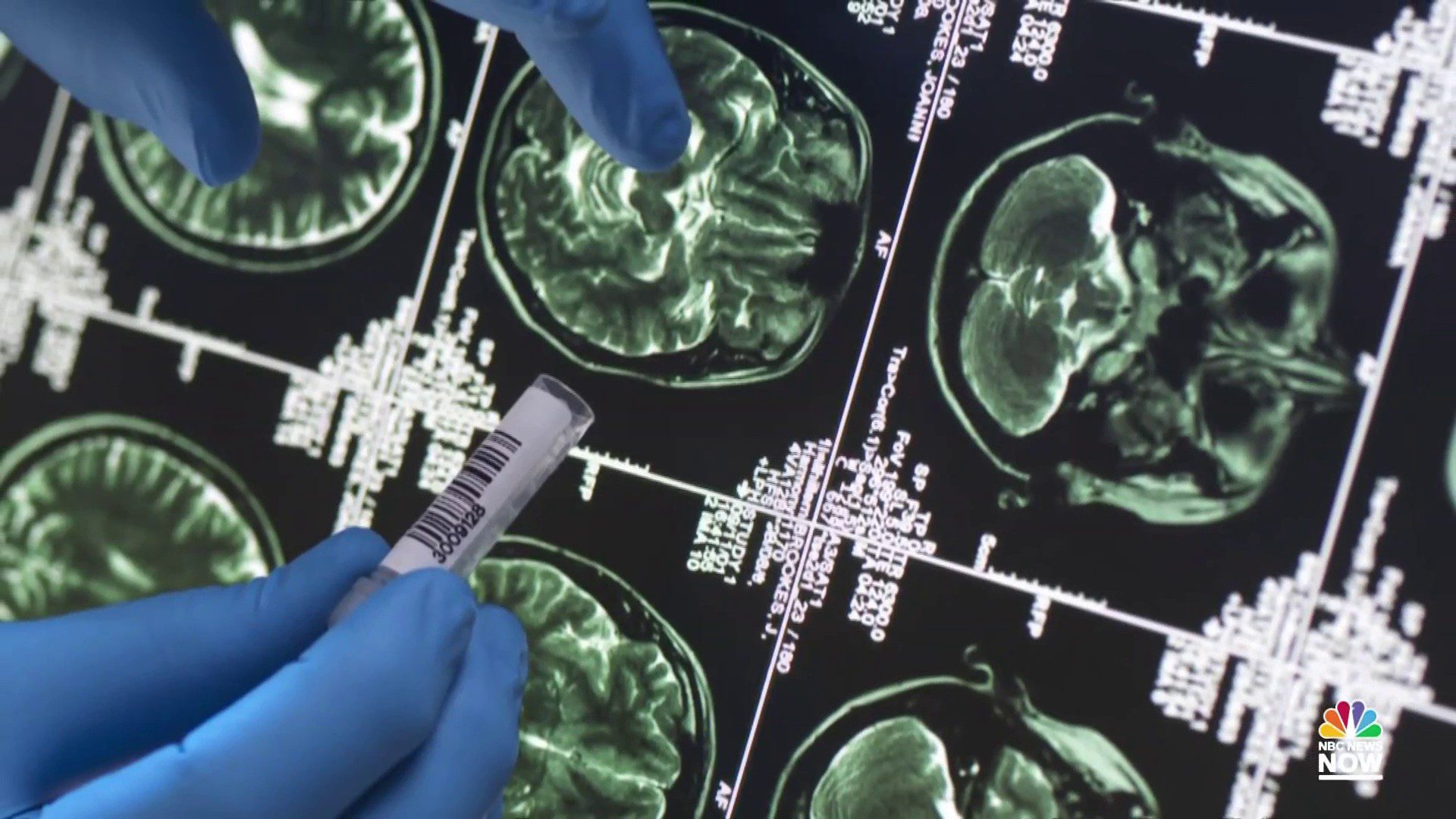
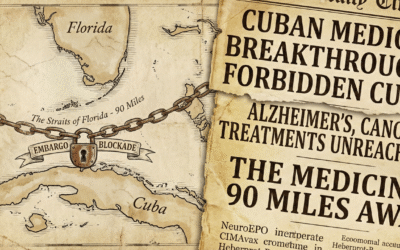
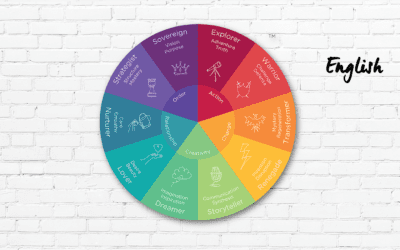

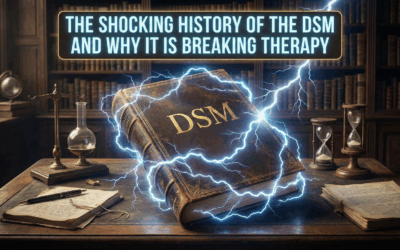
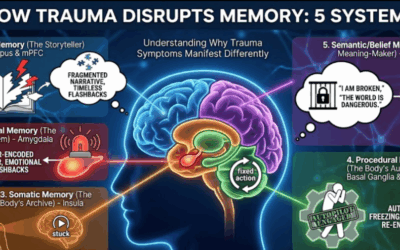
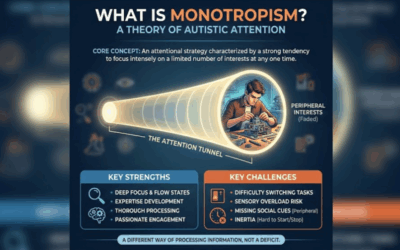
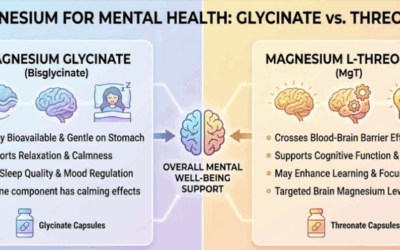
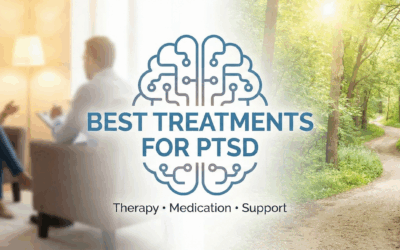

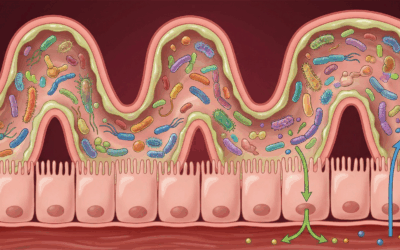
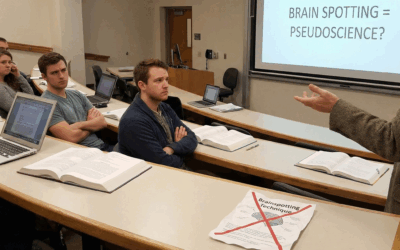
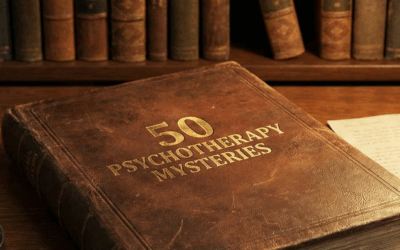
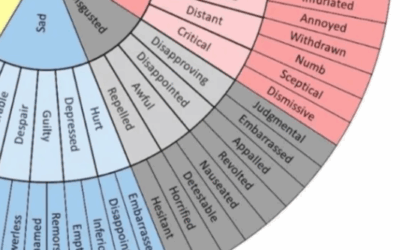
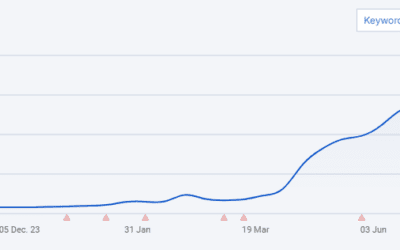
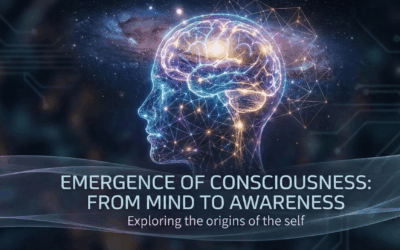

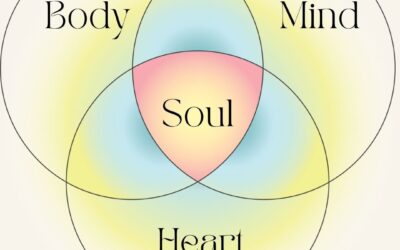

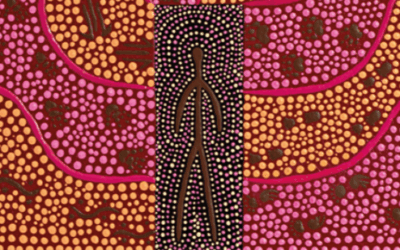

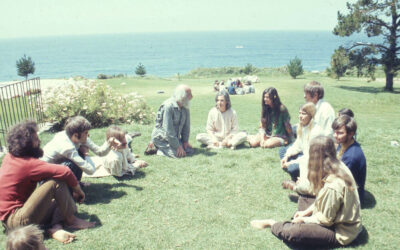

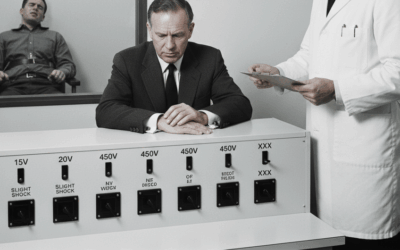


0 Comments